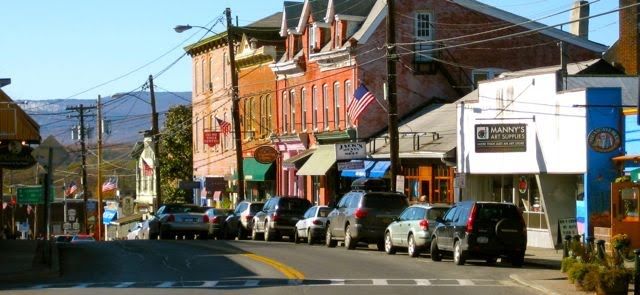
On Oct. 26, the Village of New Paltz held a public hearing on the issue of expanding eligibility for volunteer applicants on the Affordable Housing Board. Several residents were concerned about volunteer positions being opened up to non-village residents. Most of this concern, however, was based on a miscommunication on the actual terms of eligibility.
The Affordable Housing Board was established under the Village of New Paltz’s affordable housing law, and their role is to process applications for affordable housing units. These units are set aside in any new residency building for those eligible for and seeking affordable housing. The board is entirely dependent on volunteers, but fewer and fewer village residents are applying for positions on the Board. This is partially due to the fact that 73% of Village residents are renters who cannot or will not commit to the responsibility of a full-time volunteer position. As a result, the expansion in eligibility was an effort to combat the dwindling number of applicants. Previously, only residents of the Village of New Paltz could volunteer on the Affordable Housing Board. However, an addendum changed it so residents in the Town of New Paltz can also apply for positions on the board. The town is a distinct government entity with fixed boundaries, whereas the village is a smaller, incorporated community within the town.
New Paltz Village Deputy Mayor and Landlord-Tenant Relations Council liaison Alex Wojcik appeared at the Oct. 26 hearing and clarified the miscommunication.
“We’re just trying to make it easier for people who live in the community and might live just outside the village [to volunteer],” Wojcik said. “Especially since there is no Affordable Housing Board on the town level, because they don’t have an affordable housing law. So if that’s something someone’s passionate about, and there’s open seats, it would be insane to turn away passionate, affordable housing volunteers.”
Compared to the Village of New Paltz, the Town has a higher per capita income for both households and families. This may increase the number of applicants for the Affordable Housing Board because residents who are less financially well-off may not have the time or resources to devote to volunteering. This is unlike those who have higher incomes and can afford to dedicate time to being on the board.
The controversy over the addendum began because of the false idea that the board would open its membership to non-New Paltz residents. Residents were concerned that people who do not pay New Paltz property taxes would be serving on the Affordable Housing Board. After clarification that the expansion was for New Paltz town residents only, residents’ concerns eased. Several of those that had initially objected to the addendum offered to serve on the board in response to concerns over a lack of volunteers.
“No press is bad press, so if it takes a miscommunication to get people to come and step forward and offer themselves as volunteers, then so be it,” Wojcik said.
The Village of New Paltz has long ensured that affordable housing was a priority, and opening up membership is an extension of that. In the past, the Affordable Housing Board passed a law that made accessory dwelling units (ADUs) easier to build, which would open up housing overall. They have also banned vacation rentals and restricted tourists to Airbnbs that are rented out by primary residents. The Board is currently trying to pass a Good Cause Eviction bill, which would protect tenants from unfair evictions and rent spikes. They also intend to conduct a vacancy rate study and pass rent stabilization laws.
Wojcik shared that the Village of New Paltz has recently joined the Ulster County Housing Smart Communities Initiative, a program that helps the towns of Ulster County solve issues of housing and affordability. She encouraged residents to attend community forums and share any of their ideas so that the board can best support New Paltz as a whole.
“After I get through this election cycle, I’m gonna have some community meetings on [Housing Smart Communities] to try and get some more ideas on how we can tackle this issue,” said Wojcik. “Keep your eyes peeled.”
